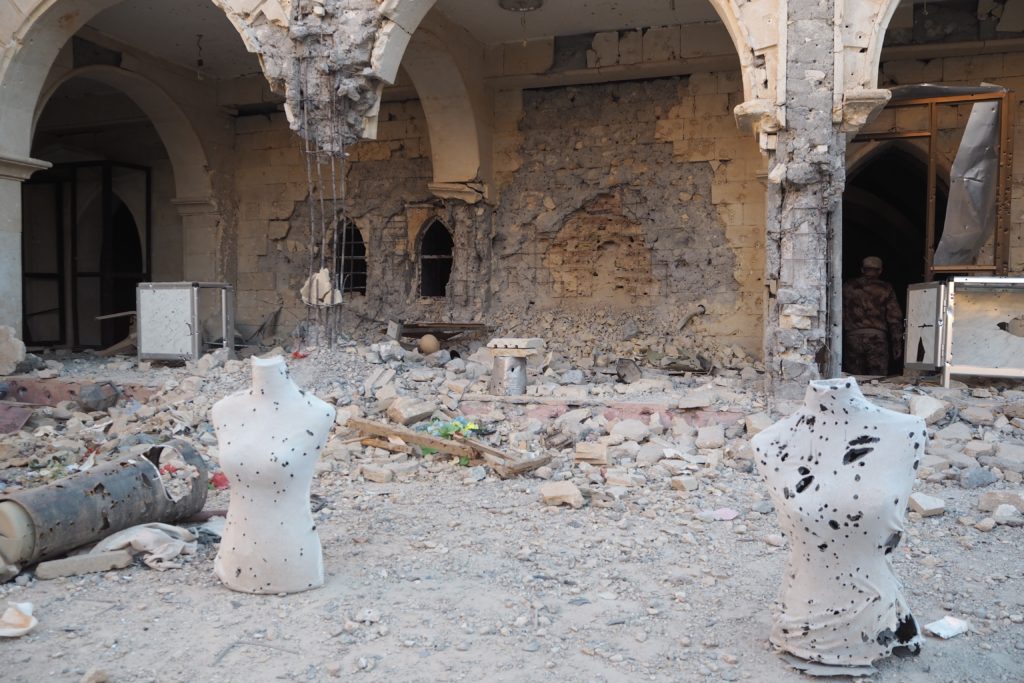Join Archbishop Angaelos and Ewelina Ochab from Refcemi as well as Rahima Mahmut (World Uyghur Congress) and Gloria Puldu (Leah Foundation) for this online event looking at how can States assess and identify the serious risk of genocide.

The UN Convention on the Prevention and Punishment of the Crime of Genocide (the Genocide Convention) places an obligation to prevent genocide. In 2007, the International Court of Justice (‘ICJ’), in Bosnia and Herzegovina v Serbia and Montenegro, held that the duty to prevent genocide ‘arise[s] at the instant that the State learns of, or should normally have learned of, the existence of a serious risk that genocide will be committed.’ The question is then how can States assess and identify the serious risk of genocide.
The panellists will discuss how the serious risk of genocide has been missed in some of the recent cases of genocidal atrocities. They will then discuss the mechanisms that are crucial to give effect to the duty to prevent. As such, the panellists will discuss Recommendation 7 of the Bishop of Truro Review and how to implement it.
Timing
16:00 – 17:15 GMT
Speakers
- Archbishop Angaelos, Coptic Orthodox Archbishop of London, Founder and Director of Refcemi
- Dr Ewelina Ochab, Deputy Director of Refcemi, Co-founder of the Coalition for Genocide Response
- Rahima Mahmut, UK Director of World Uyghur Congress
- Dr. Gloria Puldu, President of the Leah Foundation
- Abid Shamdeen and Olivia Wells from Nadia’s Initiative
The panel will be moderated by Dr Ewelina Ochab.
